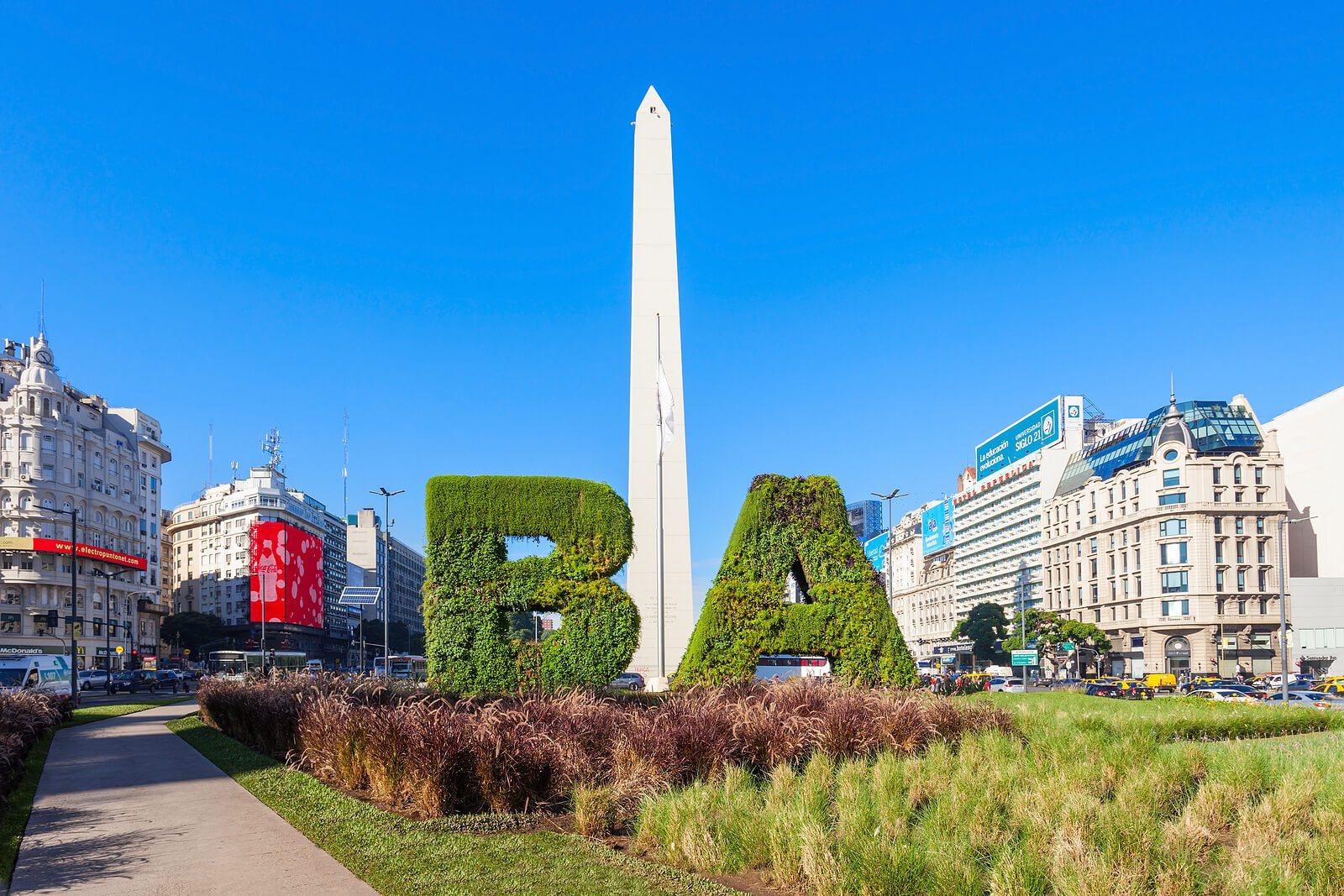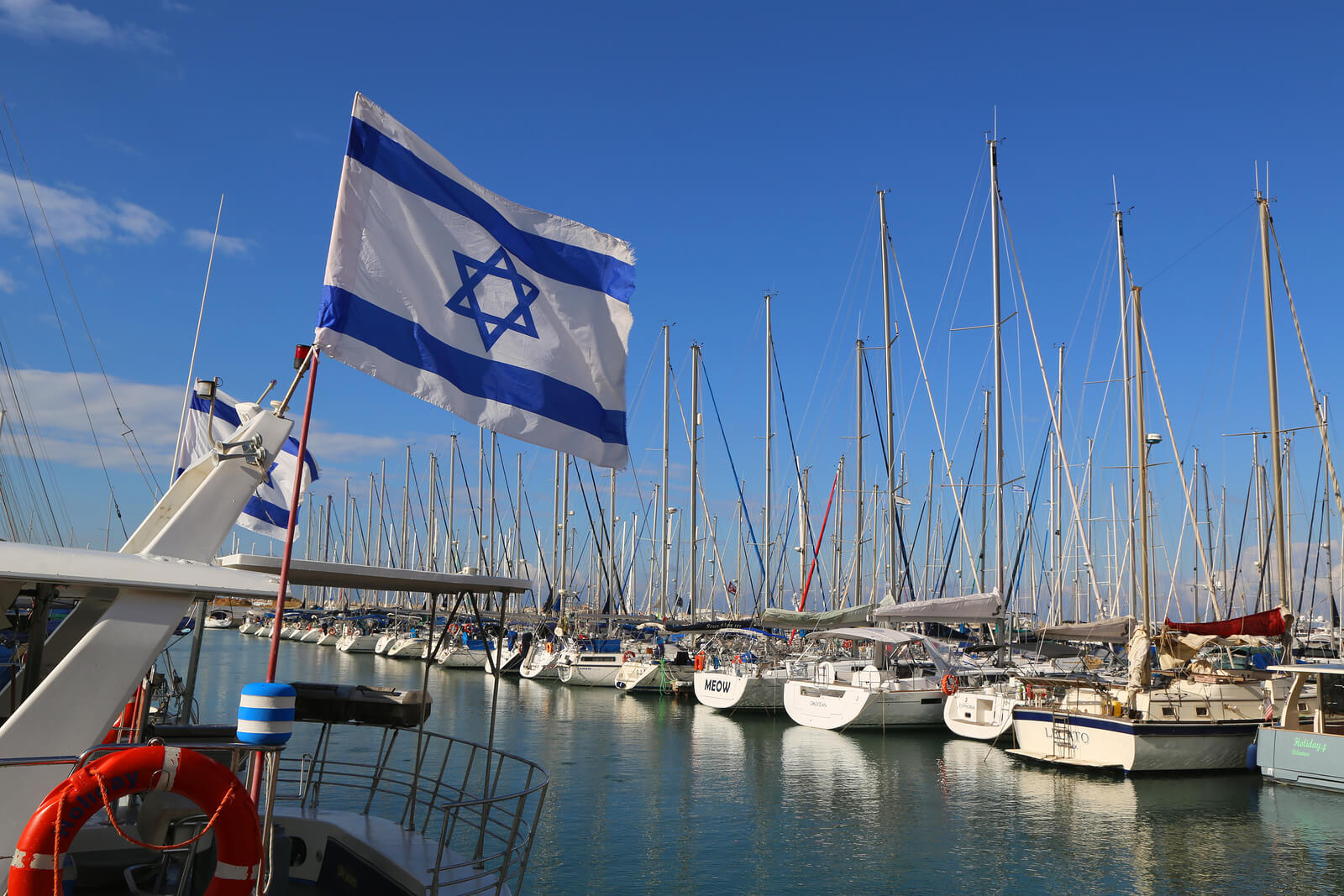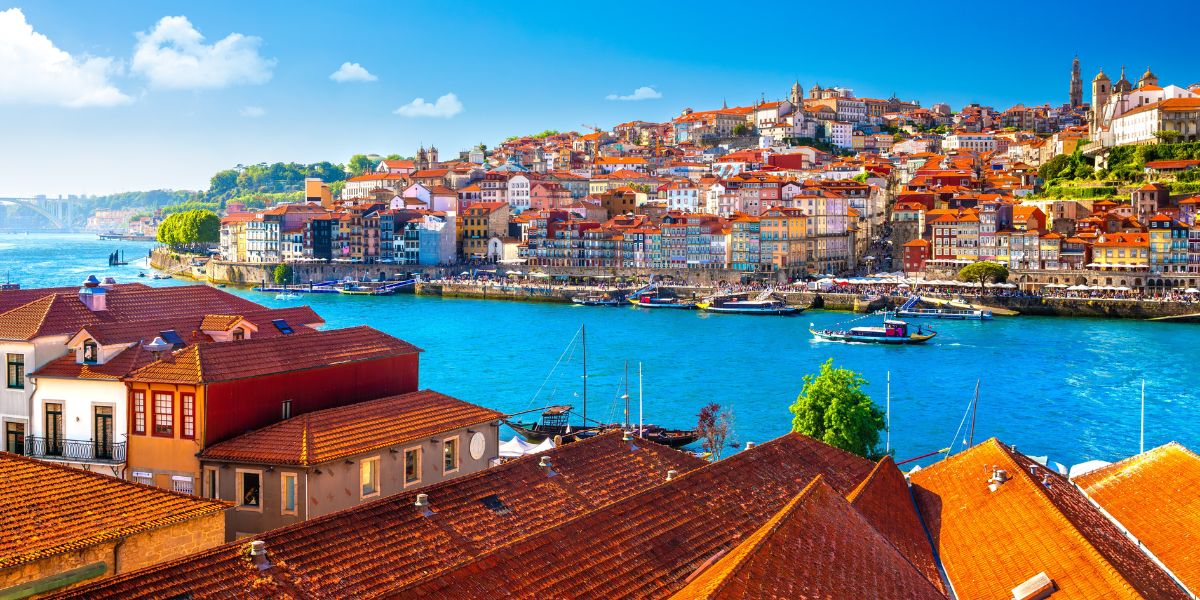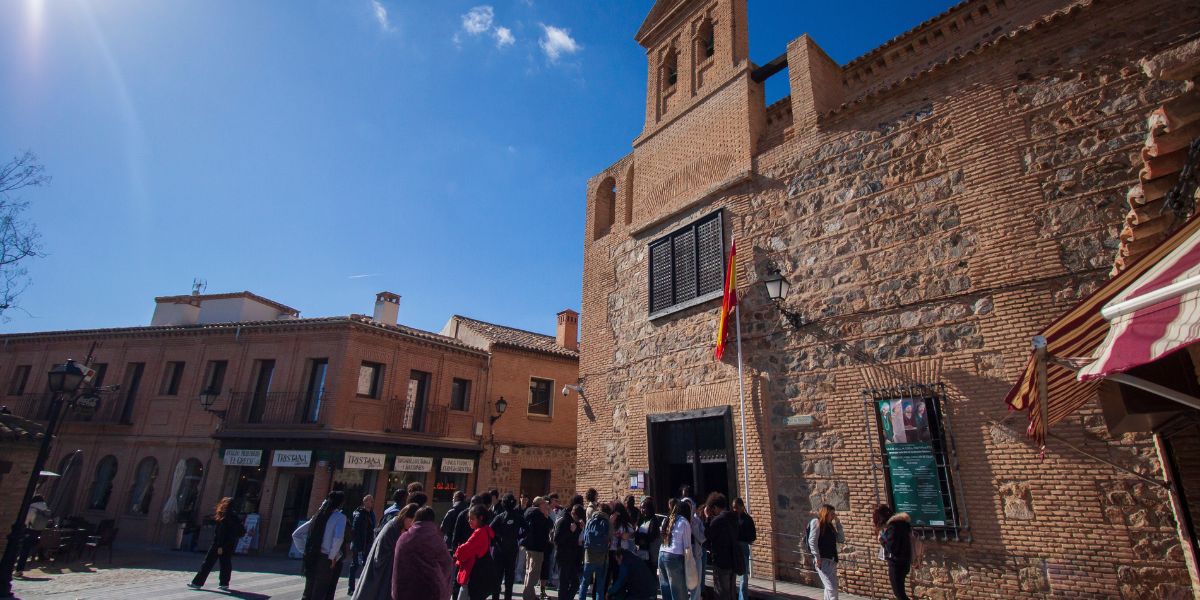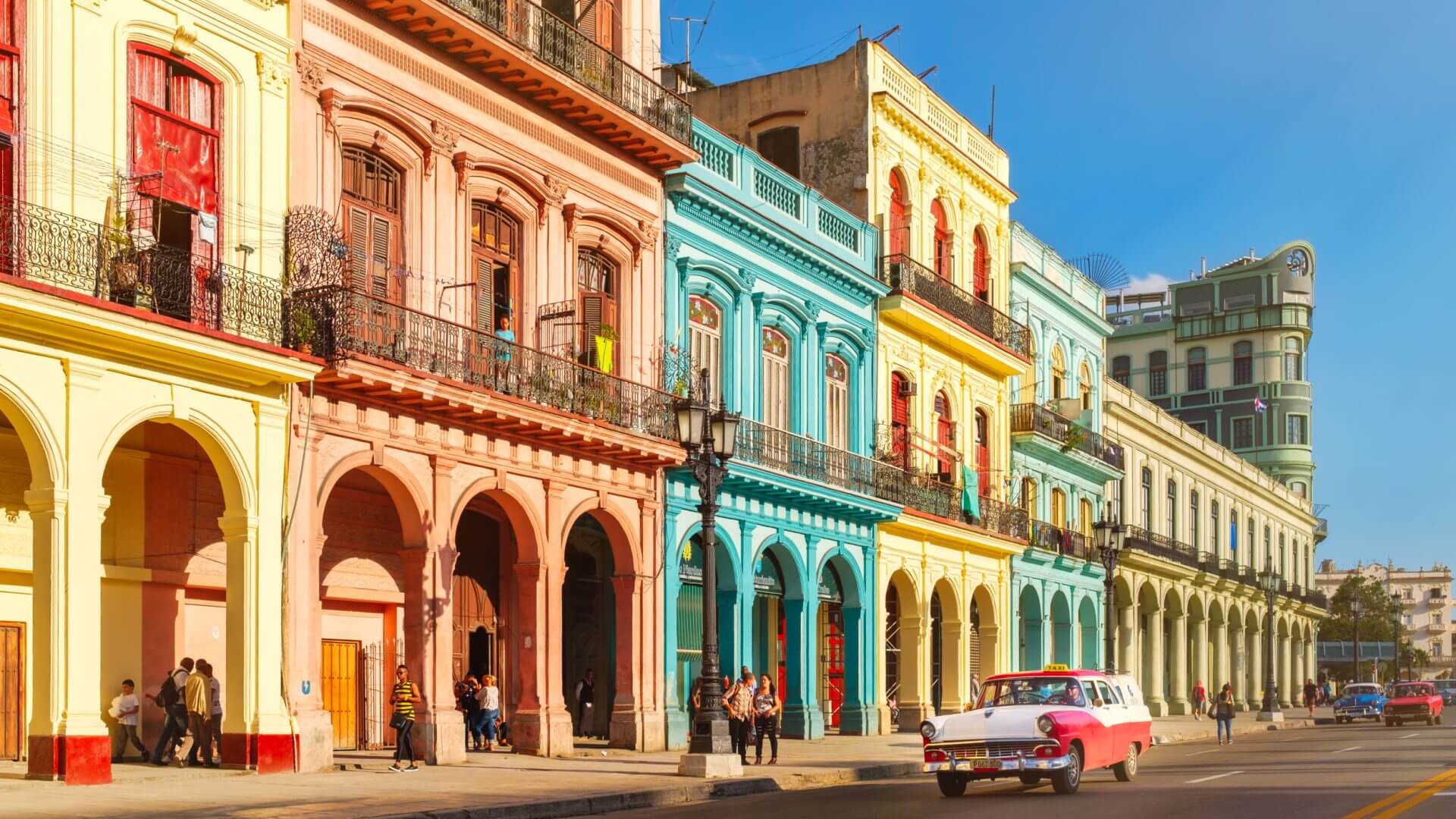Temperatures in Israel – Weather in Israel
To help you pack correctly look at our section on the weather in Israel. While planning for your trip to Israel the following weather information and packing guidelines will be very helpful. As experts in travel to Israel and as a full service travel agency we have gathered pertinent weather information that will help you pack for your trip with ease. Because we offer tours to Israel as well as the world we have included interactive as well as charted weather/temperature details for Israel. Whether you are planning a Jewish Heritage experience or a once in a life time event such as a Bar-Bat Mitzvah the following information will help you prepare. Tel Aviv, Israel Jerusalem, Israel Philadelphia, US
ANNUAL AVERAGE TEMPERATURES IN ISRAEL
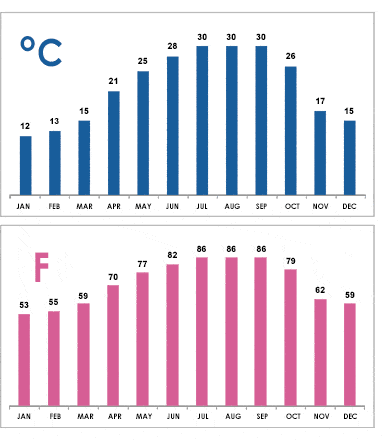 WEATHER IN ISRAEL
WEATHER IN ISRAEL
SUMMER (June-early Sept)
Israel temperatures are usually in the high 80’s (27C), 90’s (32C). Tel Aviv, and Tiberias will be hot and humid (like New York or Miami). Jerusalem is dryer and cooler, particularly at night. Masada & Eilat are extremely hot (possibly above 110F (43C), but dry. Not a drop of rain.
SPRING (late Mar-May) and AUTUMN (late Sept-Nov)
Daytime Israel temperatures are very pleasant; around 60-70F (15-25C) degrees in most of the country (still hot, though, around the Red Sea and Dead Sea). Jerusalem will be in the 40-50F (5-10C) in the evening. There will be some rain – nothing torrential.
WINTER (Dec-early Mar)
Israels winter weather fluctuates. Some winters are mild and sunny, while some are severe and overcast. There’s often heavy rain. In January and February it may even snow in parts of the country. Temperatures range in the 50-60F (10-15C) in most places, but in the 40’s (5C) in Jerusalem and the Galilee hills – where it can be very cold at night.
What to Pack for an Israel Tour
Spring/Summer Travel in Israel Packing Guide – April to October
- Light weight and loose fitting clothing
- Short-sleeved and sleeveless shirts
- Shorts
- Comfortable walking shoes, sneakers and sandals
- Skirts/Dresses (below the knee length for Shabbat and the Western Wall)
- Bathing suit, water shoes and towel (Dead Sea)
- Pajamas
- Evenings, Jerusalem and the north can be cool. It is a good idea to pack a sweater or lightweight jacket/layers
- Hat for the sun – really important
- Undergarments
- From May – September the sun is most intense. Long shorts, skirts and even long-sleeved shirts will help you stay protected
Winter Travel in Israel Packing Guide – November to April
- Winters in Israel are mild compared to North America but can get quite cold
- Jeans/pants
- Pack a shell or rain jacket as well as other layers
- Sweater, fleece jacket, hat and gloves
- Pajamas
- Undergarments
- You may start the day out with a jacket, by midday take it off and put it on again come evening.
- From October – April temperatures range from the high 40s to the high 60s. Showers may fall during this period, so an umbrella is wise. Bring a jacket, a few sweaters and long pants for visits between these months
Year-round in Israel Travel Packing Guide
- Sunglasses and a hat. You’ll find the sunlight is stronger than what you’re accustomed to, even in the winter. A hat is also useful sun protection, year-round
- For women – have an easy, packable skirt, scarf and/or shawl for covering up in Israel’s holy places. Throw it in your bag in the morning and you’re ready for whatever stops you make
- Comfortable walking shoes, sneakers and sandals
- Swimwear is appropriate year-round, whether it’s to splash in the hotel’s indoor pool or hit a beach on a warm, winter day in the southern part of the country
- Sunscreen and insect repellent are useful items as well
- Water bottle – it’s a dry country and you should be drinking regularly
- It is a good idea to bring a small bag for day trips, especially for trips to the Dead Sea or Eilat
- For hiking, you will need good shoes and a lot of water. Be sure to have either a canteen or several bottles
Items to pack in Carry-on Bag
Unfortunately, luggage occasionally gets lost or misplaced. Pack a carry-on bag including your necessities for a few days.
- Airline ticket
- Passport
- One-day change of clothes
- A good book
- Medication
- Spare contact lenses or glasses
- Money and important documents
- Neck pillow, sleeping mask, sleeping pills & earplugs (for sleeping on airplane)
NOTE: Please check each airline for carry-on restrictions.
Toiletries/Medications
- Aspirin or other nonprescription medications
- Cold remedy or decongestant tablets
- Comb and hairbrush
- Copies of any prescriptions (in case you need them filled)
- Deodorant
- Diarrhea medicine
- Earplugs (very handy for airplane and sleeping in hotel)
- Motion sickness pills
- Nail clippers, file (remember not to pack clippers or files in your carry-on bag)
- Other personal hygiene products
- Facial Tissues/Toilet Paper
- Shampoo/conditioner
- Shaving equipment
- Sleeping pills
- Toothbrush and paste, dental floss
- Eye drops or contact lens solutions and cleaners
- Sunscreen lotion (sunburn medication/ointment)
Additional Items
- Adapter or converter for electrical appliances*
- Camera, film, extra batteries
- Extra pair of eyeglasses (or prescription)
- Handkerchiefs or tissues
- Plastic bags (to wrap wet washcloth, laundry, etc.)
- Small umbrella
- Tiny flashlight
- Travel alarm
- Washcloth
- Laundry detergent (small supply)
- Small sewing kit
- Kippah/head covering (men)
- Hebrew translator dictionary or a good translator app – it’s great to have along although most Israelis can speak English.
*Electrical equipment has to be adaptable to 220 volts and have a European adapter for the prong. Equipment on a motor (i.e., electric shaver) must be adaptable to 50 Hz (as opposed to 110 volts and 60 Hz for North America).
